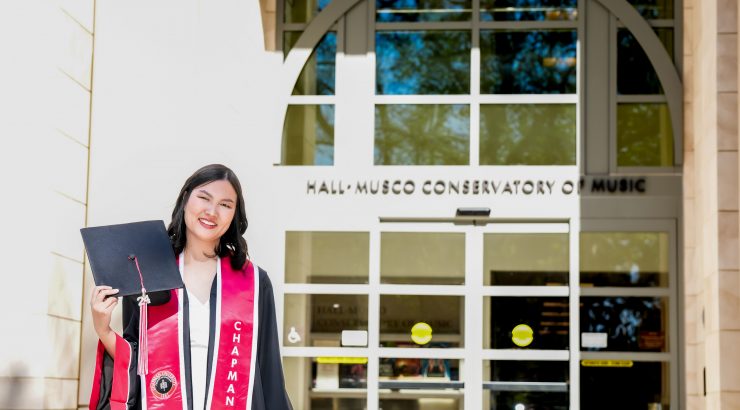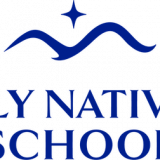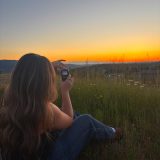Breaking into the Music Industry Lauren Wang bridging Communication Studies with Music Technology through her internship
June 14, 2024
Hello, My name is Lauren Wang, and I am a senior SOC and COPA student. I am pursuing a B. A in Communication Studies and a minor in Music Technology. This semester, I had the opportunity to intern at a music licensing company called Music Supervisor Inc. This internship was an 8-week program, and my role as a music supervisor intern was to assist with supervising projects the company was working on. One of the company’s services was for smaller artists to submit their songs to our catalog. The songs in our catalog are often licensed for films and television. This benefits artists and the production company because artists showcase their work, and the production company gets licensed materials for cheap. One of my primary responsibilities was to approve songs in our company’s catalog and organize metadata. I had to review hundreds of songs daily, give them the appropriate rating, and arrange them in the proper categories.

Me working on licensing and syncing up music to a short animated film.
One of the primary purposes of the internship program at Music Supervisor Inc. was to train the interns to be successful and carve out a career path in the music industry. The Interns got to work on projects that would help us develop the technical skills needed to succeed in the film and music industry. Some of the skills we got to showcase through the project were our ability to organize budgeting and cue sheets. Budgeting sheets are essential because they help manage money and keep track of the production budget. Cue sheets are like budgeting sheets, but they track what scenes need music. Another sheet that we had to create was spotting notes. Spotting notes are another type of organizational sheet that many productions will use. They offer information such as the characteristics of the scene and the music, the duration and usage of the music, the master and publishing amount, and contact information of the artist/record label. The information from the spotting notes is used to license music for films, shows, and commercials.
All the skills we learned and developed through the projects were applied to the company’s actual projects. Some of the projects I worked on through my internship included assisting with music licensing for a film and working on a music festival the company hosts yearly. Although I couldn’t talk much about the projects I worked on because they had confidential information and the NDA I did have to sign, I enjoyed my experiences and learning from the CEO. We met with the film’s director and producer and had the opportunity to offer insight into what type of music the film should use and what scenes would benefit from music.

I got to work remotely from the New Pixar Place Hotel at the Disneyland Resort!
Another unique aspect of my internship was that it was all remote. I used my intercultural communication skills with the remote internship because I worked with people worldwide. My two mentors were from Germany and Columbia. We learned how the music industry worked in their respective countries and talked about things that are applied universally in the industry. With my remote internship, I could work wherever I wanted, and my hours were flexible. I could work at home, at school, and even in the hotel lobby at the new Pixar hotel at Disneyland!
My internship was a unique experience, and I learned a lot about the industry and the challenges remote work comes with, such as time zones and cultural differences. The technical and communication skills I have gained through this internship will help me with my future career path; I am forever grateful for Music Supervisor Inc.


